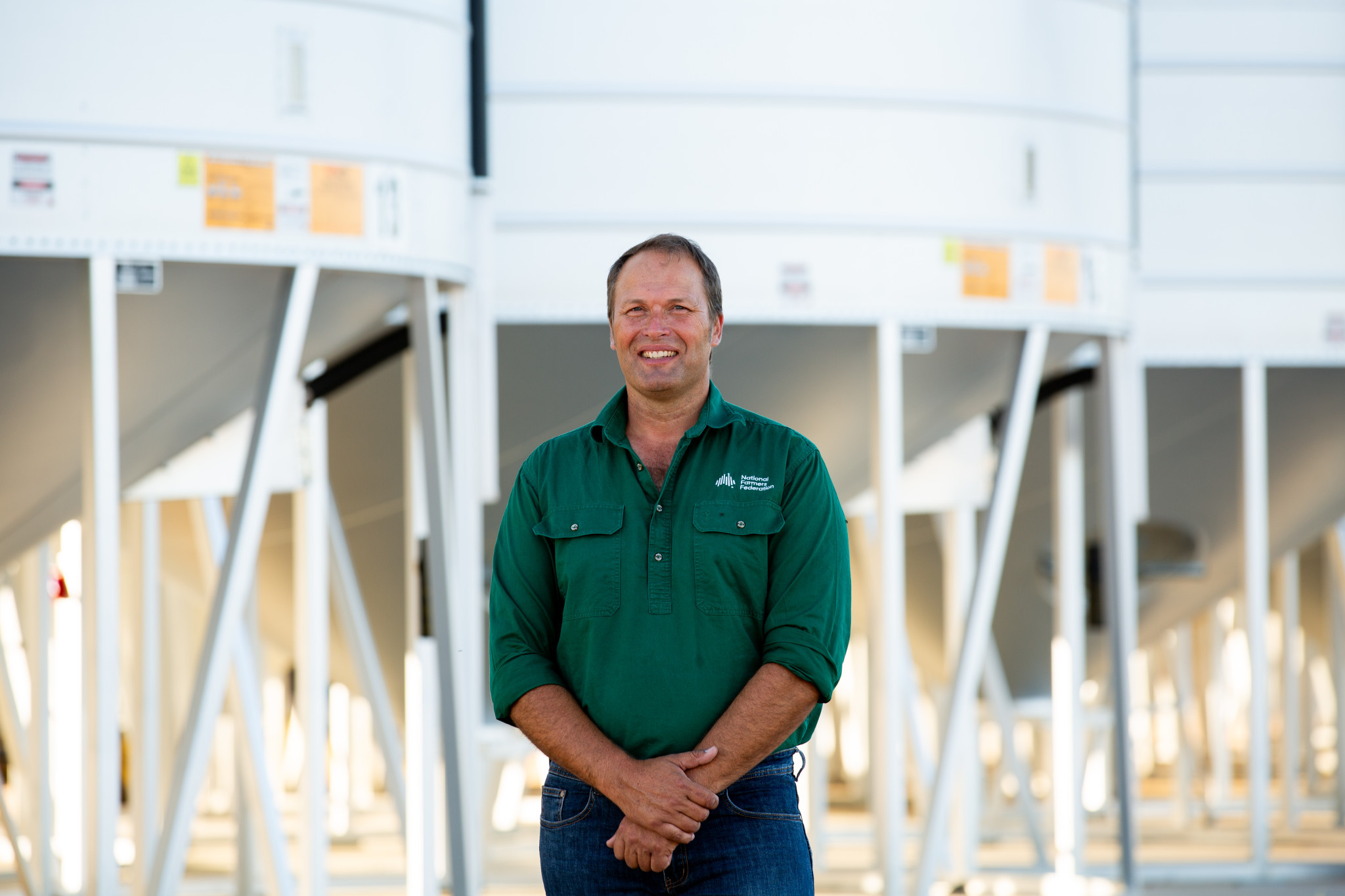General News
10 October, 2025
Jochinke hangs up hat to put boots back on
NEARING the end of his time as National Farmers Federation president comes with mixed feelings for David Jochinke, but overall, he made it clear he’ll be happy to spend more time back on his farm.

The Murra Warra farmer said his impending departure was due to limitations in the NFF constitution – although presidents can serve for three years, he has reached 12 years on the board, ending his term early.
“I definitely would have preferred to finish off my three years … but I respect the constitution,” Mr Jochinke said.
He said he was grateful to have had the chance to do it in the first place, and his departure isn’t a total break; he will continue to serve on one of the NFF’s committees, specifically the trade committee.
Asked by Wimmera Mallee News what has stood out during his tenure, Mr Jochinke immediately spoke of the people.
“There's so much that I've seen and done, (but) definitely visiting farms and talking to the farmers and really understanding the key issues is a huge highlight of my whole advocacy journey,” he said.
“To be able to see leading farmers and understand in great detail the challenges that they have, and try to make a little bit of a difference here and there.”
Mr Jochinke said advocacy is “a very long game” and added how “a few quick wins on certain topics” stand in contrast to the majority of the work.
“Mostly, it’s a real grind,” he said, with the real-world challenges of working within bureaucratic and structural boundaries of government bringing some wisdom, describing the process as “chewing on the elephant, whichever part you’re currently having a crack at," he said.
“The reason why certain issues are in place, or you're trying to influence a certain outcome, is because either a proposal was put there in the first place by a third party, or there was an unintended consequence when it was being proposed in the first place.
“So it ranges between – and it does change – between bureaucracy to even just political biases (or) political principles that are really challenging to advocate against.
“When it's a science-based argument, you can really pick it apart and understand the details, but when it's an emotion-based argument, you've just got to demonstrate the rationale – why or what it means to the people being affected – in the most articulate way you can.”
Not only has he learned about red tape and lobbying, but his exposure to the agricultural industry’s wide variance was significant enough for him to say, “every day is a school day”.
“I don’t think there are too many days that go past where I don't learn something different or a bit more detail about either an issue or how it's affecting farmers differently, and even farming practices,” Mr Jochinke said.
He does have some regrets, particularly with some internal reforms at the NFF not being fully completed before he finishes.
Still, he said that on farming subjects, such as “land tenure and property rights” were definitely a major issue he would’ve liked to have seen further advanced.
“There's a huge raft of work that should be done nationally,” Mr Jochinke said.
“There's more red carpet than red tape, and it feels like it's getting very bureaucratic and very constrictive on how we work without actually getting any benefit from the rules and regulations that are being mounted on us.
“It's a hard thing to say that if we do this one action, it'll make farming easier. We know it's multiple things that we have to do, but I do feel like the costs are very high, the regulation and compliance are challenging, but without us in there fighting for it, more than likely it’d be worse than where it is right now.”
However, with more time on the farm ahead, the upcoming change is welcome.
“Throughout the whole farming advocacy journey, the farm has been front and centre,” Mr Jochinke said.
“If it hasn't been every weekend, I've definitely taken slabs of time off to get cropping in and harvest off.
"So just to be able to make sure I'm doing it as best I can, and also be hands-on with the tools, is something I am looking forward to, because that's the whole reason I got involved in the first place.
“The ag community has given me the opportunity to have a go, and hopefully I've given a bit back.”